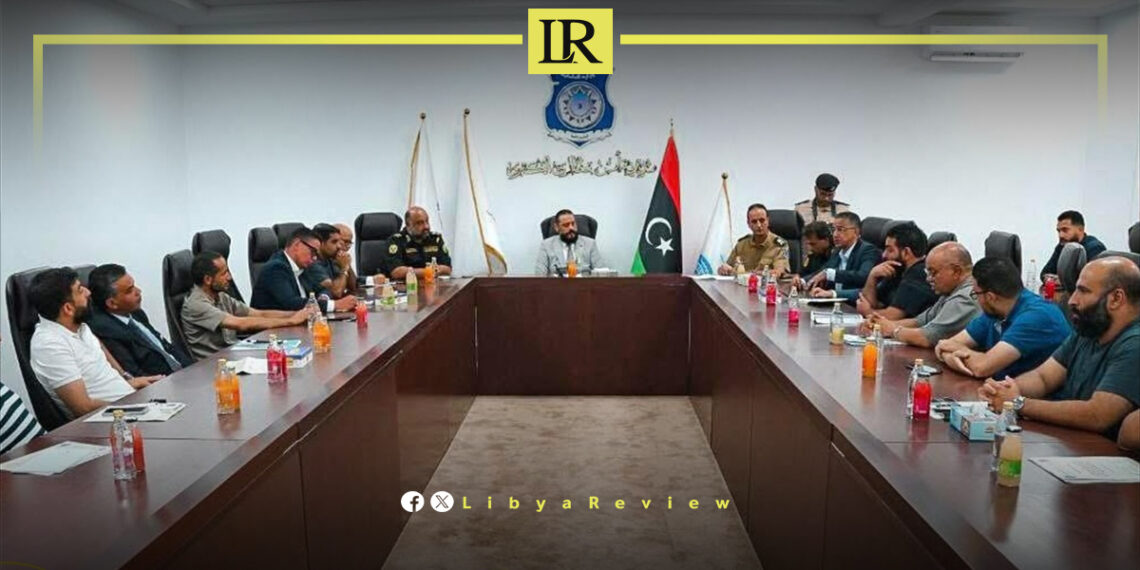The Benghazi Security Directorate has announced strict measures targeting private healthcare institutions that fail to implement electronic payment systems.
This decision follows Prime Ministerial Decree No. (135) of 2025, which authorizes the use of the Public Order Enforcement Unit to execute government decisions. In line with the directive, Major General Salah Houidi—Director of Greater Benghazi Security and Head of the Public Order Enforcement Unit—held a high-level meeting with directors of private hospitals and medical laboratories in Benghazi.
According to the Directorate’s statement, the meeting focused on enforcing the adoption of electronic payment methods in all private health institutions. This step is part of a broader national digital transformation strategy aimed at reducing cash transactions, easing financial procedures for citizens, enhancing transparency, and improving service quality.
General Houidi emphasized that activating e-payment systems is crucial for maintaining an organized and secure healthcare environment. He also confirmed that the Public Order Enforcement Unit will strictly monitor implementation and hold violators accountable without leniency.
The statement further revealed the launch of a dedicated online platform for citizens to report violations related to e-payment compliance in the healthcare sector, giving the public a direct role in overseeing the rollout of this national initiative.
Directors of private hospitals and laboratories who attended the meeting expressed their full support for the Prime Minister’s decision and pledged to work in full coordination with the Public Order Enforcement Unit.
General Houidi concluded by affirming that the Greater Benghazi Security Directorate will continue to oversee the commitment of healthcare institutions to the e-payment directive and will provide solutions to overcome any obstacles faced during the transition.


